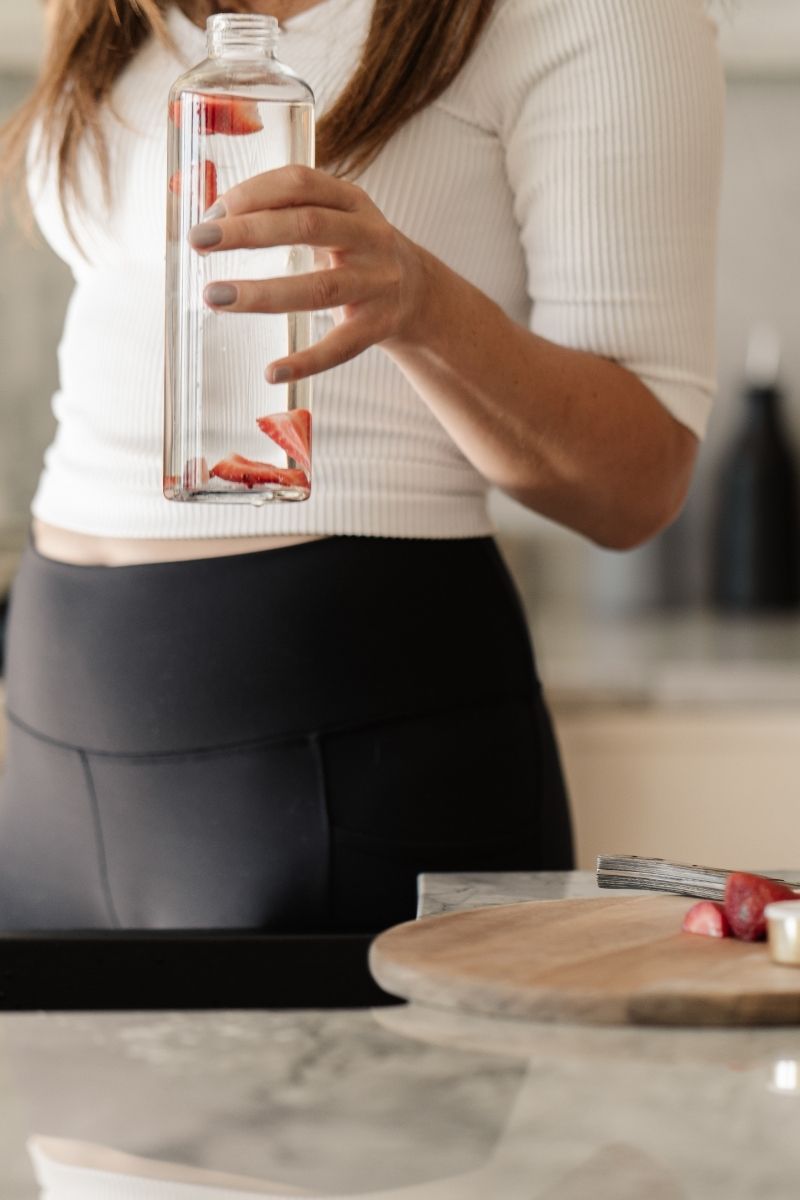
When I was a medical student, I loved surgery. The operating room experience is like nothing else, and there’s something deeply satisfying about solving a problem so definitively. Tumor? You cut it out. Infection? You drain it. Voila. Problem solved.
Also, there’s the ritual of the OR: the washing of hands, the donning of sterile gown and gloves, the counting of instruments…always performed in the same unhurried, systematic rhythm. There’s a mental centering that happens while the physical preparation is underway. Then, in the operating room itself, there is an unmistakable immediacy—a total immersion in the moment. When the surgery is underway, there is no option but to be completely present. Someone’s life depends on it. You’re all in. It’s not a place where your mind can drift—to what you’re making for dinner later, or that funny bit in the movie you saw last night—it’s all about what’s happening here and now.
Does that sound…familiar?
Many people have heard the term “mindfulness”. It’s become a hot topic. Maybe you’ve noticed this and you’ve been wondering: what is it all about?
“Do not dwell in the past, do not dream of the future, concentrate the mind on the present moment.”
~Buddha
THE BENEFITS OF MINDFULNESS
In a sense, we all walk around with a veil over our eyes, existing too much in our own heads. What proportion of your time do you spend thinking about the past: replaying previous events, ruminating over what happened yesterday, last week, five minutes ago? And how much of your time do you spend thinking of the future: planning your next steps, running through your to-do list, anticipating future events?
In contrast, when you fully live in the present moment, truly experiencing the now, that’s mindfulness.
What the ancients have long known about the benefits of mindfulness we are now beginning to prove scientifically.
Research has shown a multitude of benefits:
- reduced stress
- enhanced focus
- improved working memory
- decreased emotional reactivity
- reduced rumination
- improved relationship satisfaction
- reduced anxiety
- improved mood
As great as all that sounds, it’s not always easy to practice mindfulness. Our brains are designed to think, to learn, to plan. Those are the qualities that gave us our earth-shaking evolutionary advantage. We could strategize. We discovered we could plant crops and later harvest them for food. We learned from mistakes and adjusted our methods. All those capabilities are housed in our prefrontal cortex—the sophisticated part of our brains that makes us uniquely human. We hardly want to dispense with that part of our cognitive function.
But at the same time, all that thinking and reflecting and planning without pause is just…too much. The cost? Never living in the moment. Never living in the now.
How often do you forget if you locked your front door? When you go back to check, it’s done. Just like usual. Did I turn off the oven? Did I put the milk away? We do these tasks on autopilot, thinking about something else, not really paying attention to what we’re doing. That’s the opposite of mindfulness. And it leads to a life only partly lived. Food barely tasted, conversations barely attended to, pleasures barely savored. In contrast, there is an incredible liberty and sweet peace that comes from being fully present in the moment.
FULL IMMERSION IN THE MOMENT
One of my main passions in life is travel, and I think mindfulness has a lot to do with why. When you’re traveling, you’re seeing everything with eyes wide open. You’re totally immersed with all senses, savoring every drop of the experience.
When I backpacked through Thailand many years ago, one of the places I visited was the Wat Phra That Doi Suthep temple in Chiang Mai. I can still vividly recall the experience: the 309-step climb to the temple at the top of a mountain, the sunlit courtyard, the smell of incense and flowers, the sounds of hushed praying and chanting, the coolness of the tile floor on my bare feet as I slowly explored the temple. Without fully realizing it I was practicing mindfulness—something I think a lot of us do naturally when traveling. It’s what makes travel such a heightened experience.
But what if we could have the same caliber of experience during our daily lives?
“The real meditation is how you live your life.”
~Jon Kabat-Zinn
MINDFULNESS IN EVERYDAY MOMENTS
It’s no secret we live in stressful times. Everyone seems to be rushed, “crazy busy”, and anxiety-ridden. Technology plays a role in this, to be sure. We have a lot more stuff constantly pulling at our attention. Now more than ever, cultivating mindfulness is critical.
There are two key ways mindfulness can be integrated into your life. One is through formal meditation practice—which I’m not going to address here, specifically. It’s an important topic, and I do plan to delve into it in future posts, but for today we’re going to talk about another facet of mindfulness: the everyday, simple, moment-by-moment practice.
It’s the sort of practice that doesn’t require a gong, a meditation cushion, or any other setup. It can happen anywhere, while you’re doing anything. Washing the dishes. Eating. Drinking tea.
Let’s take the tea example: next time you’re drinking tea (or your hot beverage of choice), instead of mindlessly sipping and thinking of what you need to do later in the day, attend to the warmth of the mug in your hand. Focus on the smell of the tea as you raise it to your mouth. Concentrate on the tea’s taste, the warmth as you swallow, the feeling of comfort that follows.
Ideally, you want to find many opportunities throughout the day to check in and practice mindfulness, and you might want to consider some tools to help you in this pursuit. There are high-tech tools (apps on your phone), and low tech tools (a piece of string tied around your wrist). Some people simply make a habit of creating mindfulness triggers for themselves, like every time they cross a threshold, every time they open a door, or another similar everyday moment. One of the cleverest tips I’ve heard recently was this mindfulness trigger: every time you hear someone’s smartphone make a sound (a call, a notification), take that opportunity to do a brief mindfulness check-in, and take three deep breaths.
“The present moment is filled with joy and happiness. If you are attentive, you will see it.” ~Thich Nhat Hanh
CULTIVATING MINDFULNESS FOR A LIFE WELL-LIVED
I now know the pleasure of mindfulness does not require a plane ticket to Thailand or a surgical rotation as a medical student. Mindfulness can be found in everyday moments, too. It just takes a little practice.
Part of me wonders what life would have been like had I selected surgery as a career path instead of family medicine (as I was strongly tempted to do). I do miss the operating room atmosphere. But I have found so many other ways to introduce mindfulness into my life—which I think is the actual legacy my surgical rotations provided.
And proves that some of the best lessons I learned in med school had nothing to do with anatomy or physiology.
If you enjoyed this article and would like to hear more about how you can improve your own health and pursue your passion for wellness….I’ve created something for you.
Learn More





